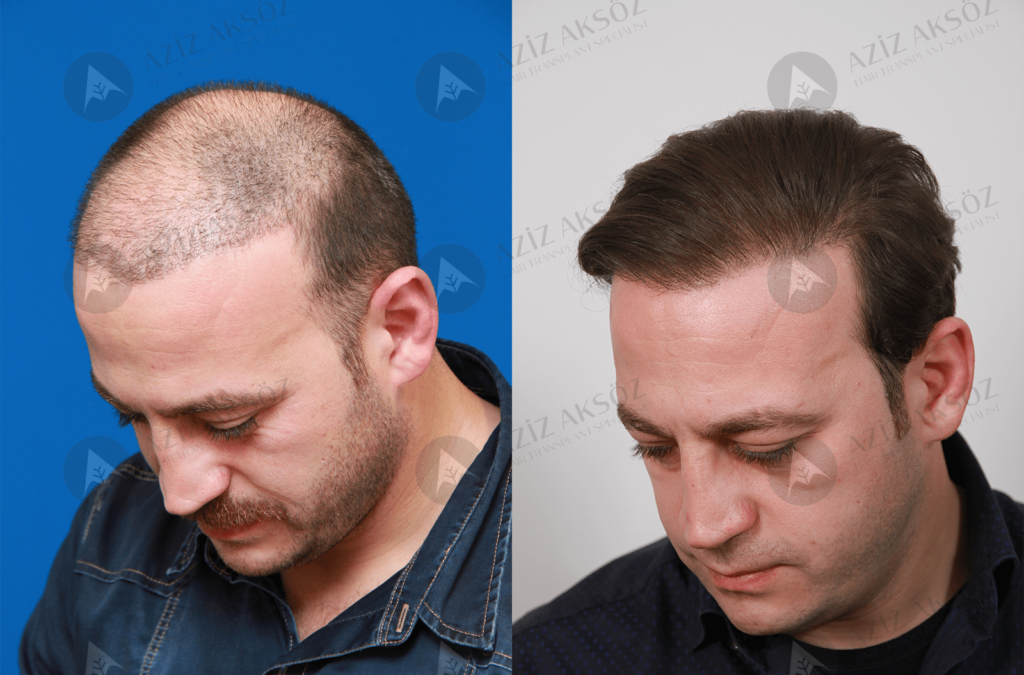- Kartaltepe Mahallesi İncirli Caddesi Limon Çiçeği Sokak No: 1 34145 Bakırköy İstanbul
- +90 541 548 52 47

What is a natural hair shampoo product? Which hair cosmetics are considered natural?
27/09/2022
Vitamin D for your hair- Love this vitamin!
27/09/2022It is easy to say that we know what is good for ourselves. However, there are times when we all need expert opinion. If this were not the case, why would professions such as counselor, lawyer, or doctor exist?
When it comes to our health, it can be very difficult to make a decision. When we encounter hair loss, we are faced with more than one question. Why is this happening? What can I do about it? What drugs should I take? Is there a home remedy? Should I consider a hair transplant? Will my tree shedding stop? What if it doesn’t stop or if I stay bald? etc. It is important that you get answers to all of these and all your other questions.
Most people do not know what to do when they experience hair loss. First, let’s list the causes of hair loss and the available options; Once these are understood, it may be easier to make a decision about the best solution for you.
Hair loss happens primarily for several reasons. Stress, illness, rapid weight loss diets, nutritional deficiencies, certain hairstyles, trichotillomania or genetics called hair pulling disease…
Each cause of hair loss should be treated differently. The first thing to do when you notice hair loss is a doctor’s visit. It is important to diagnose the problem by a specialist before hair loss is treated. Now, if hair loss is caused by diet, nutritional deficiencies, disease, it can be treated. In these cases, a nutritionist or dietitian can create a diet chart for you to follow and recommend supplements based on your specific needs. In the case of trichotillomania, seeking psychological help and therapy can help improve. In the case of traction alopecia triggered by certain hairstyles, such as very tight buns and braids, changing your hairstyle style can again help with your hair loss.
When hair loss is genetic, the problem is a little more difficult, that is, the hair you lose does not grow back. There are medications such as Minoxidil and Finasteride that are helpful in both stopping hair loss and regrowth. Minoxidil is called a vasodilator, meaning it relaxes the walls of blood vessels and helps increase blood flow to various parts of the body, including hair follicles. Minoxidil helps hair follicles in the telogen or resting phase to fall out and new hair grows in their place. Minoxidil does not always help in bringing back hair loss, but it can stop hair loss. It is beneficial for patients who are in the early stages of hair loss.
Finasteride, on the other hand, provides benefits in a different way. It is a 5?-reductase inhibitor. This means it can stop the conversion of testosterone to dihydrotestosterone, or DHT, which is the main culprit behind male pattern baldness or permanent hair loss in men. Various studies on balding men have proven that these remedies work. However, they cannot completely stop hair loss.
This is where hair transplantation comes into play. Hair transplantation is the only application that provides a permanent solution to hair loss and is a micro surgery. Healthy hair follicles taken from the hair loss resistant areas of the scalp, back and sides are collected and transferred to bald or bald spots. Since these are the person’s own hair follicles, they will adapt to the new spot on the scalp and will continue to grow as they did in their original place. These follicles are also resistant to DHT, which means they are resistant to hair loss.
Hair transplantation is an excellent choice for patients who have sufficient donor hair and want natural and aesthetic results. Even in younger patients who are just starting to experience hair loss, transplantation may be a better option than medication, as it is usually a one-time application. Being young and in the early stage of hair loss means there is enough donor hair to create the desired look. The scarcity of donor follicles in late, advanced ages can make transplantation difficult.
Medication is also something that a person must continue to take and use continuously. After stopping the drug, hair loss will begin again. The recovery period with hair transplantation is only one to two weeks, and the patient will see fully within a year. Except for post-operative care, the hair transplant patient does not need to continue using medication, worry about hair loss, or stress about how they will look with fine hair.
In conclusion, although both options are available for hair loss sufferers, hair transplantation is a great solution if you want your hair back and you want to live with peace of mind and don’t want to use medicine every day. However, it is very important that you consult an experienced hair transplant specialist before choosing the right one for you.




